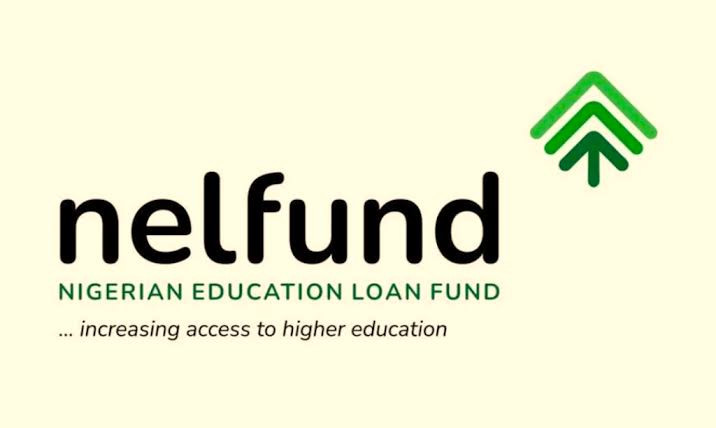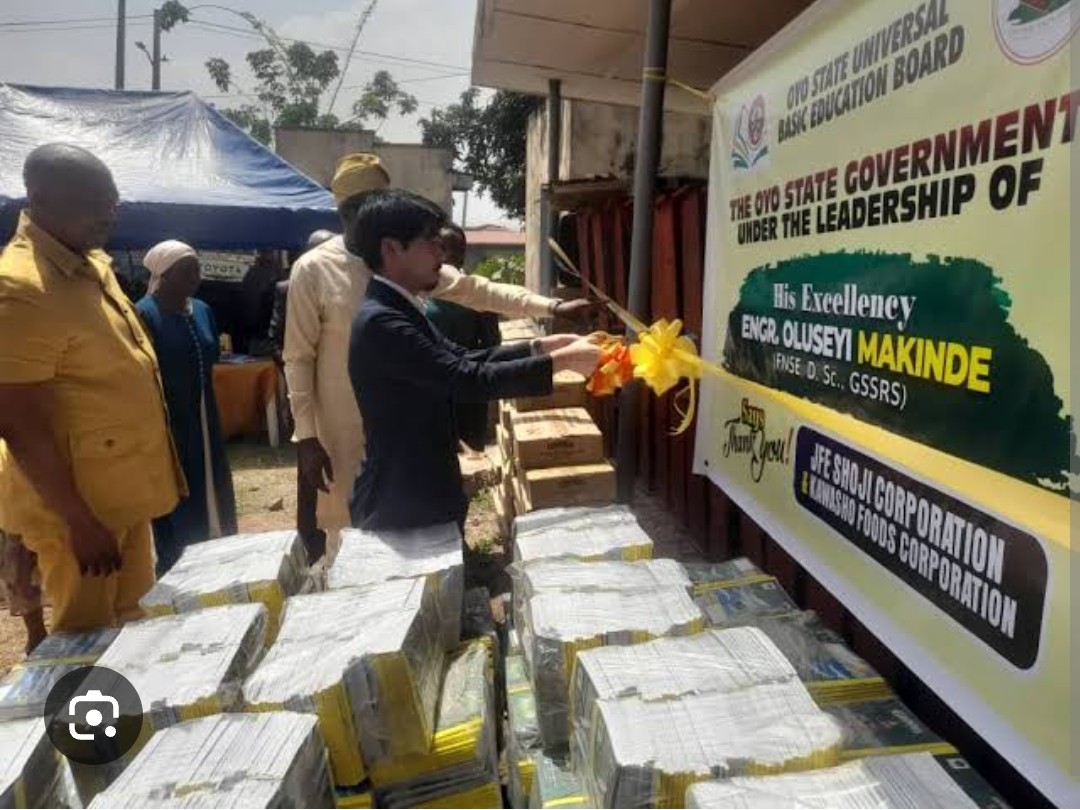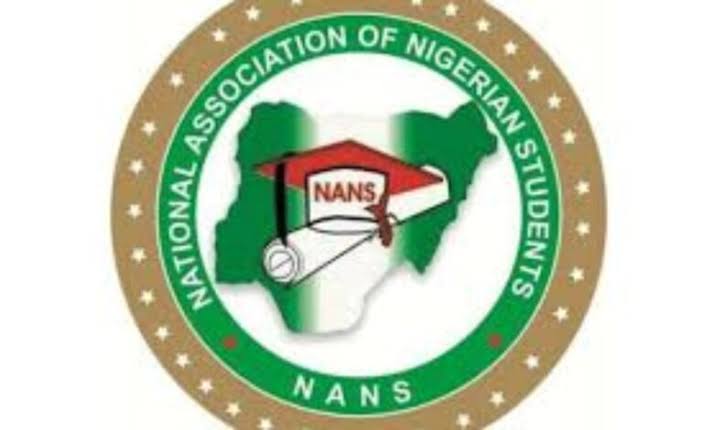The Nigerian Education Loan Fund (NELFUND) has made a significant impact since its inception, with its Managing Director, Dr. Akintunde Sawyerr, announcing the disbursement of N11 billion to 90,000 students in just six months. This milestone achievement was revealed during a Senate Committee on Tertiary Institutions and TETFUND oversight visit to NELFUND’s headquarters in Abuja.
A key factor in NELFUND’s success is its rigorous application process, which ensures that only qualified students receive its loans. Dr. Sawyerr explained that a total of 300 students have been deemed qualified, with the agency working to verify the credentials of other applicants. “We must ensure we are not giving money to the wrong people,” he emphasized.
With a budget of N96 billion set aside for student loans, NELFUND has already distributed nearly N11 billion across the country, with the remaining amount expected to be disbursed in the coming weeks. The fund’s two loan options, Institutional and Upkeep, cater to different student needs, with the latter only available to those who have previously received the former.
Through this initiative, NELFUND aims to support students under the President’s Renewed Hope mandate, which has seen programs such as this reach a significant number of students. Regional data reveals that 38% of beneficiaries hail from the Northwest, 26% from the Northeast, 13% from the Southwest, 12% from the Northcentral, 10% from the Southeast, and 4% from the Southsouth.
Interestingly, repayment terms are designed to encourage education rather than deter it. Graduates are required to begin repaying their loans two years after completing the National Youth Service Corps (NYSC), with employers responsible for deducting repayments from salaries. “This is a profit-making activity for the nation,” Dr. Sawyerr stressed, highlighting the fund’s goal of promoting education.
The Senate Committee chairman, Muntari Dandutse, commended NELFUND’s efforts, praising the organization’s ability to provide loans to over 90,000 students despite challenges and constraints. “This is a significant development in terms of education in Nigeria,” he said, acknowledging the fund’s accomplishments.
In related news, the same committee also visited the Joint Admissions and Matriculation Board (JAMB) in Bwari, Abuja, as part of their assessment of federal educational initiatives.



